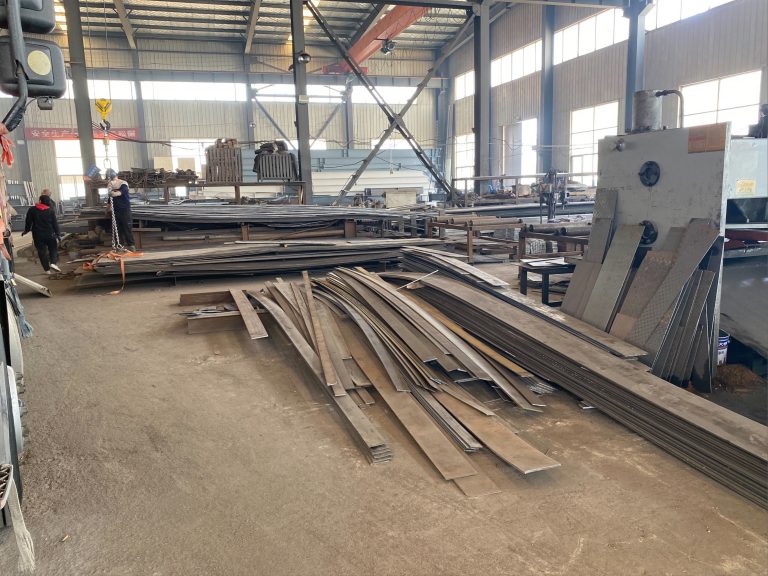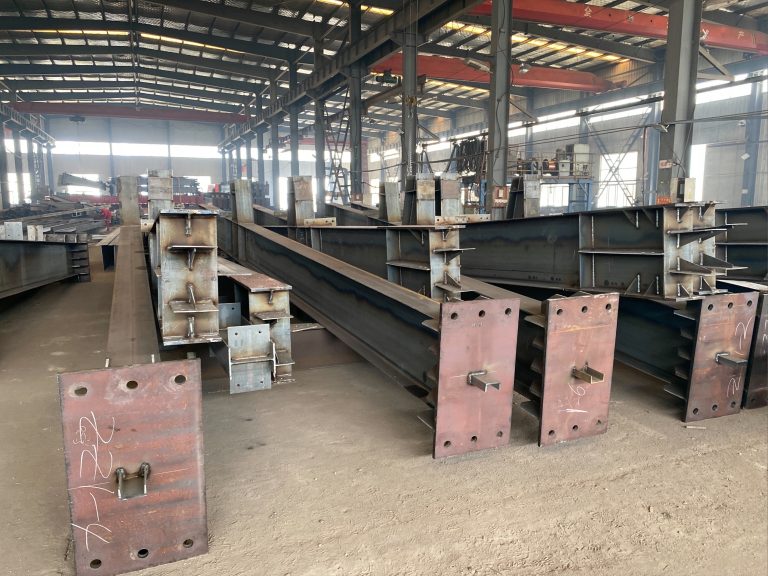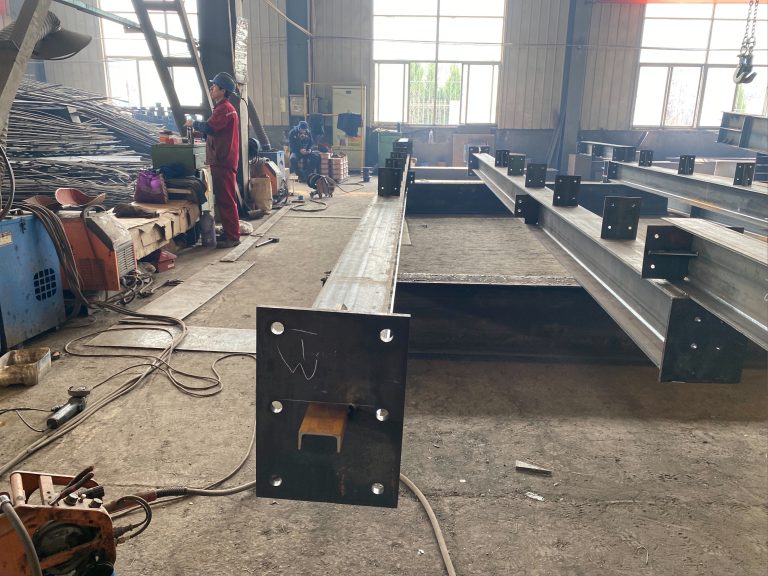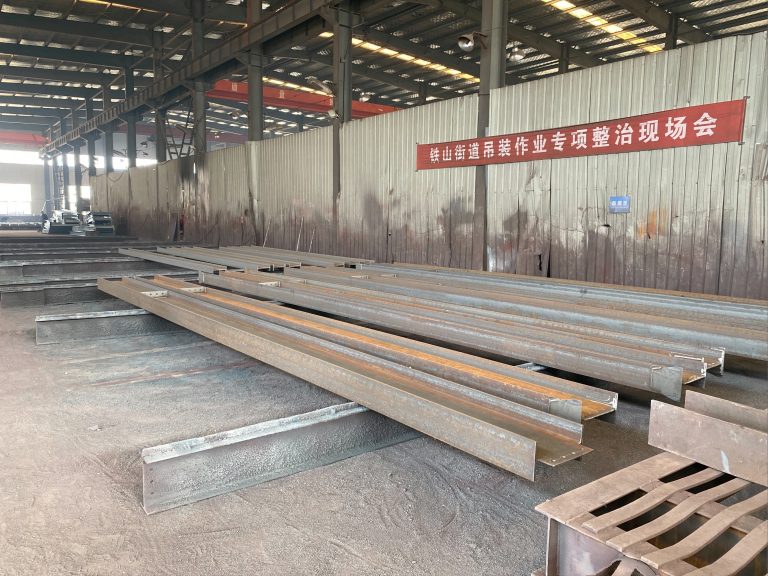Is the antirust coating treatment environmentally friendly and healthy?
Exploring the Environmental Impact of Antirust Coating Treatments
Antirust coating treatments are commonly used to protect metal surfaces from corrosion and rust. While these treatments are effective in extending the lifespan of metal objects, there are concerns about their environmental impact and potential health risks. In this article, we will explore the environmental and health implications of antirust coating treatments to determine if they are truly environmentally friendly and healthy.
One of the main concerns surrounding antirust coating treatments is the use of chemicals that may be harmful to the environment. Many antirust coatings contain volatile organic compounds (VOCs) that can contribute to air pollution and harm human health. These chemicals can also leach into the soil and water, posing a threat to aquatic life and ecosystems. Additionally, the production and disposal of these coatings can have a negative impact on the environment, contributing to pollution and waste.
Despite these concerns, there are environmentally friendly alternatives to traditional antirust coatings that are safer for both humans and the environment. Water-based antirust coatings, for example, are free of VOCs and other harmful chemicals, making them a more sustainable option. These coatings are also easier to clean up and dispose of, reducing the overall environmental impact of the treatment process.
In addition to the environmental impact of antirust coatings, there are also potential health risks associated with their use. Exposure to VOCs and other harmful chemicals in antirust coatings can lead to respiratory issues, skin irritation, and other health problems. Workers who handle these coatings on a regular basis are particularly at risk, as are individuals who come into contact with objects treated with these coatings.
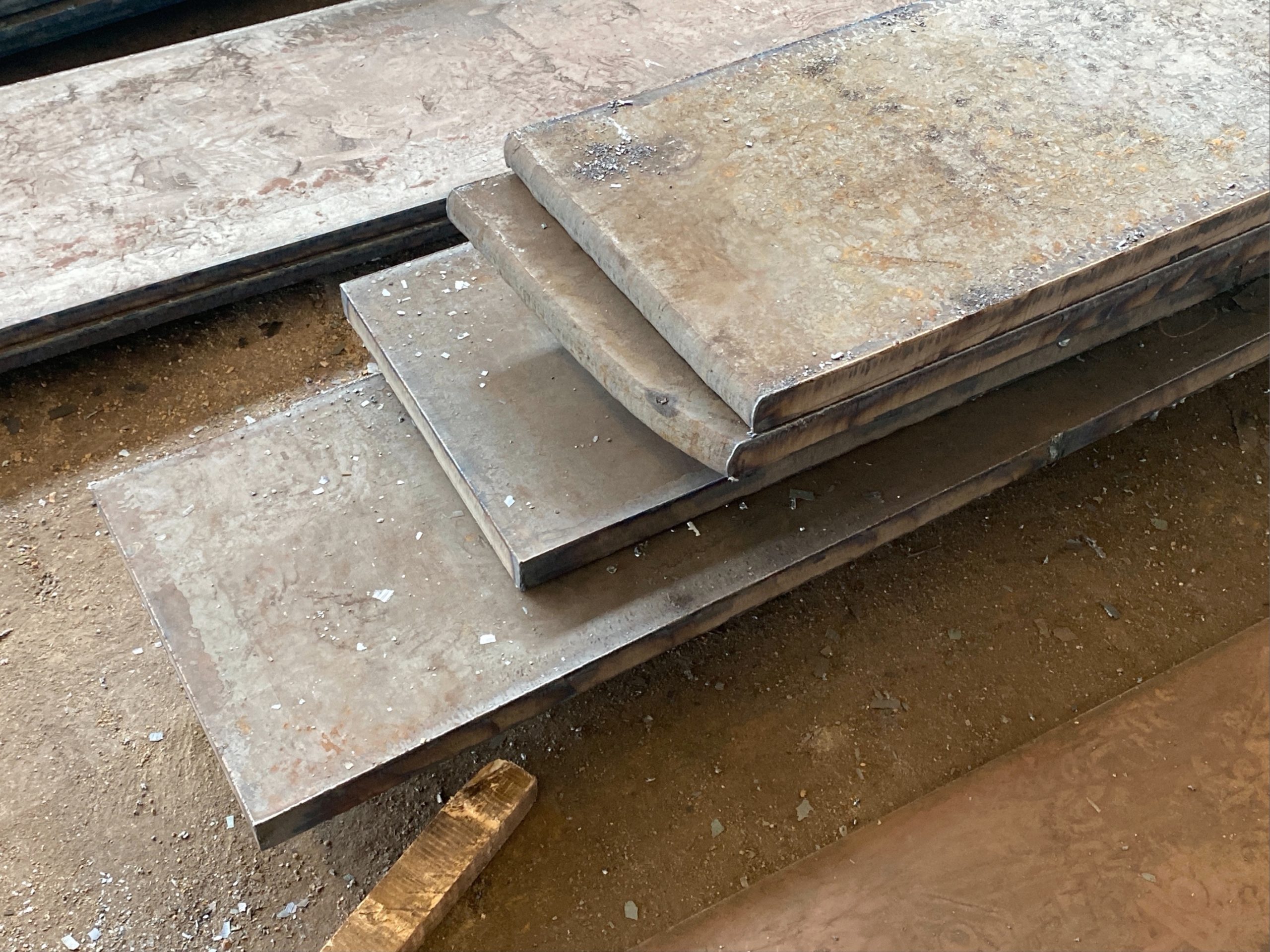
To mitigate these health risks, it is important to use proper safety precautions when applying antirust coatings. This includes wearing protective gear such as gloves, goggles, and masks to prevent exposure to harmful chemicals. It is also important to work in a well-ventilated area to reduce the risk of inhaling fumes. By following these safety guidelines, the health risks associated with antirust coating treatments can be minimized.
Overall, while traditional antirust coatings may have a negative impact on the environment and pose health risks, there are environmentally friendly alternatives available that are safer and more sustainable. By choosing water-based antirust coatings and following proper safety precautions, it is possible to protect metal surfaces from corrosion without harming the environment or endangering human health. It is important for individuals and businesses to be aware of the environmental and health implications of antirust coating treatments and to make informed decisions about which products to use. By prioritizing sustainability and safety, we can ensure that our metal objects are protected without compromising the health of our planet or ourselves.

